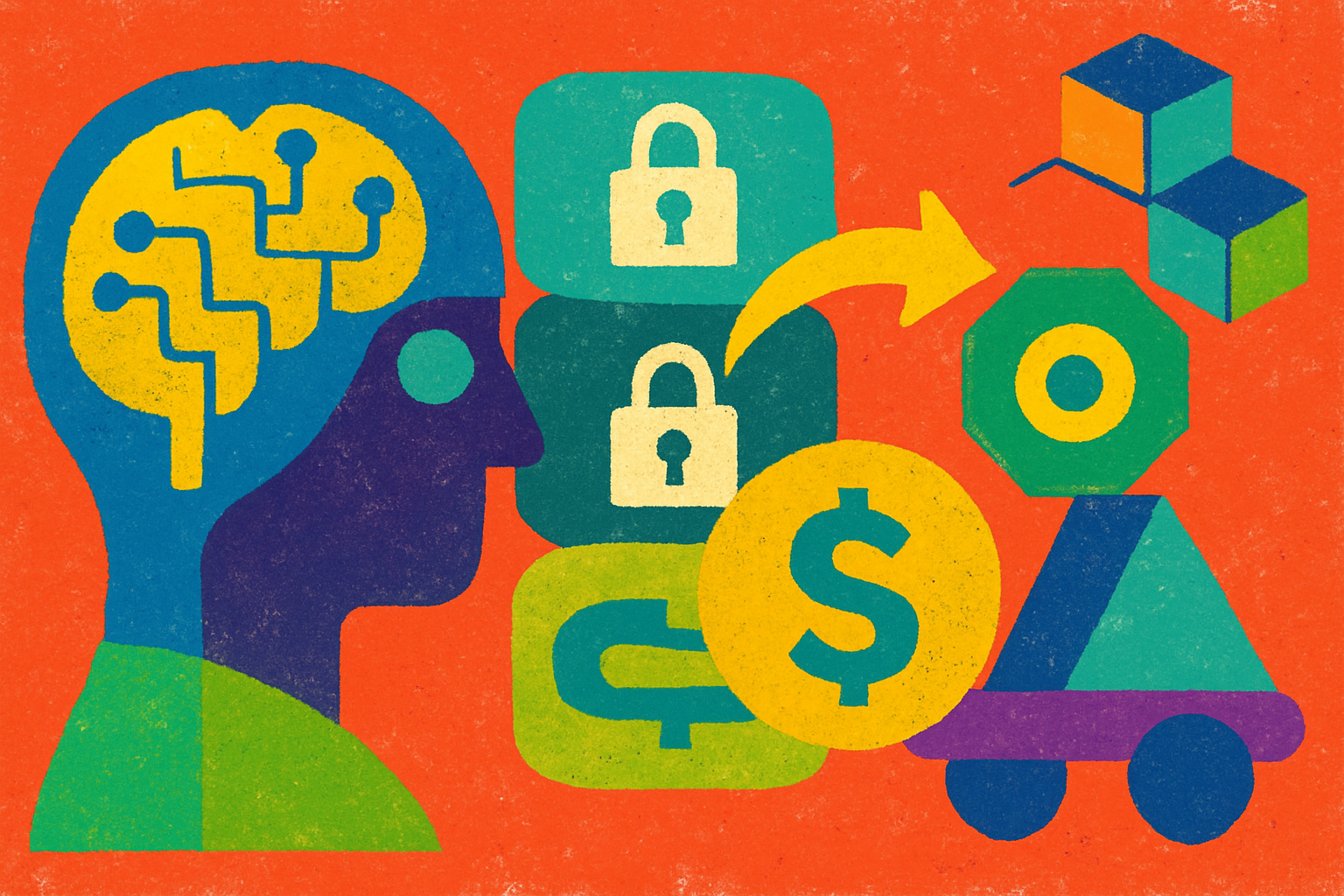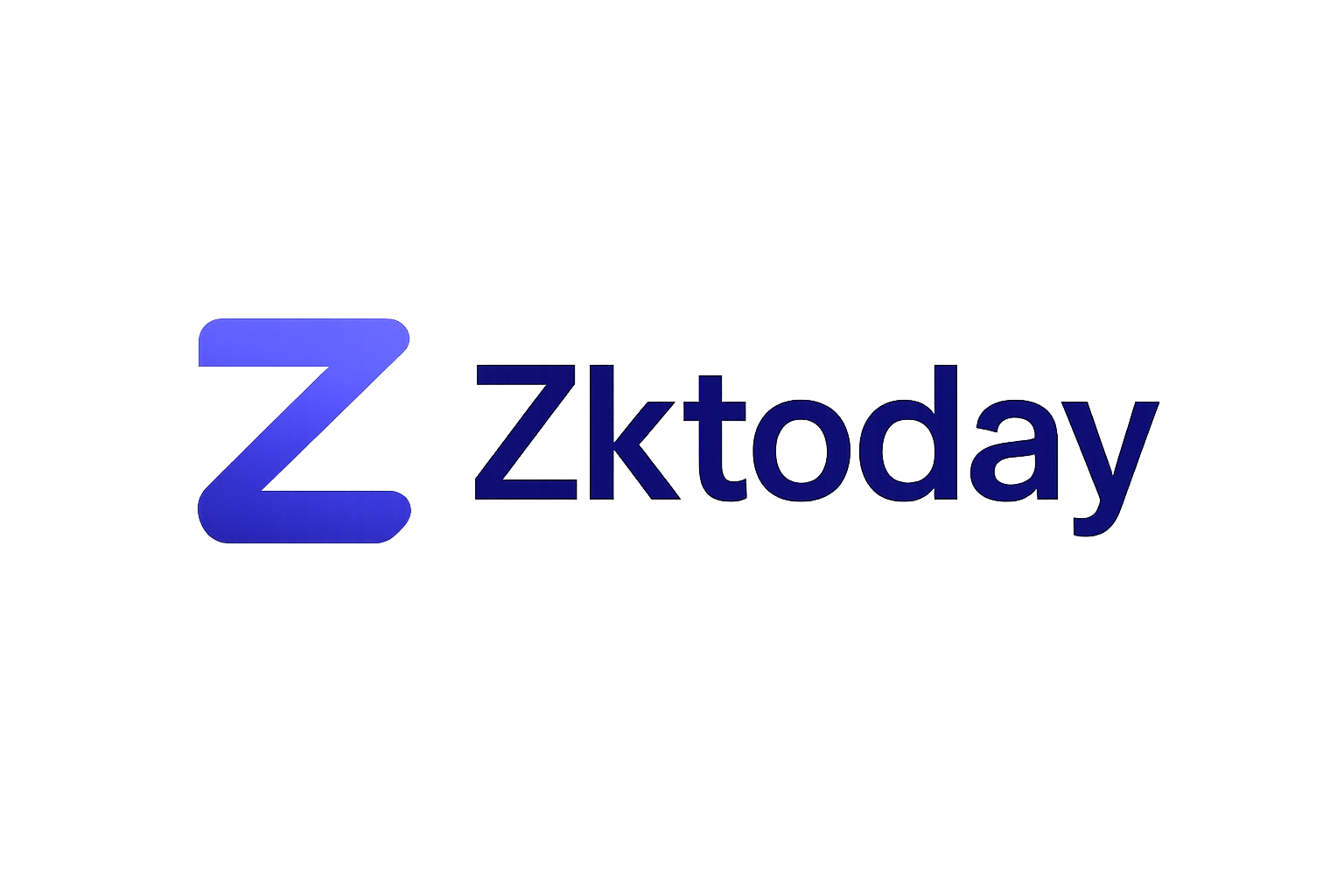
Zero-Knowledge (ZK) Rollups are rapidly redefining how trustless payments and automation can work at scale, particularly for on-chain AI agents. As blockchain ecosystems evolve, the need for autonomous programs that can interact, transact, and settle payments without human oversight is growing quickly. ZK Rollups deliver the technical backbone to make these interactions secure, efficient, and verifiable, without sacrificing decentralization.

Why On-Chain AI Agents Need Trustless Payments
On-chain AI agents are autonomous software entities designed to operate within blockchain networks. Their functions include executing trades, managing assets, providing oracle data, or even negotiating contracts on behalf of users or protocols. For these agents to be practical in real-world scenarios, they must be able to send and receive payments efficiently and securely, without relying on centralized intermediaries or manual intervention.
The challenge is twofold:
- Scalability: Traditional blockchains like Ethereum struggle with high transaction fees and limited throughput. This bottleneck restricts the number of microtransactions that autonomous agents can perform in real time.
- Trustlessness: The core value proposition of blockchain is to remove the need for trust in third parties. However, when AI agents must rely on external validators or off-chain processes for payment settlement, the system’s trustless nature is compromised.
This is where ZK Rollups become essential.
ZK Rollups: The Engine Behind Scalable Agentic Commerce
ZK Rollups are a Layer 2 scaling solution that aggregates hundreds or thousands of transactions off-chain and then submits a single cryptographic proof (a zero-knowledge proof) back to the main chain. This approach slashes transaction costs while preserving security guarantees, every transaction in the rollup batch is proven valid without revealing sensitive details about individual interactions.
For on-chain AI agents, this means:
- High Throughput: Agents can execute numerous transactions per second at a fraction of Layer 1 gas costs.
- Data Privacy: Zero-knowledge proofs ensure that sensitive operational logic or payment amounts remain confidential, a crucial feature for competitive agentic commerce.
- Near-Instant Settlement: Unlike optimistic rollups which may require long challenge periods before finality, ZK Rollups provide rapid confirmation times. This enables agents to access funds quickly and react in real time to market changes or protocol incentives.
An excellent example comes from recent developments on platforms like Phala Network, where ZK Rollup integration (using frameworks such as OP-Succinct) allows decentralized AI marketplaces powered by Trusted Execution Environments (TEEs) to operate transparently and securely. Here, ZK proofs underpin both computational correctness and payment settlement between autonomous actors, removing friction from agent-to-agent commerce.
The Technical Mechanics: How Payments Flow With ZK Rollups
The process begins when an AI agent initiates a transaction, such as paying another agent for data access or compute resources. Instead of sending this transaction directly to Ethereum’s mainnet (and incurring high fees), it is submitted into a zk rollup batch alongside many others. The zk rollup operator generates a succinct zero-knowledge proof attesting that all included transactions are valid according to predefined rules (e. g. , no double-spending).
This proof is then posted on-chain; Ethereum’s smart contracts verify its correctness without needing to process every underlying transaction individually. Once verified, all state changes, including balances and contract updates, are finalized simultaneously. �a0This structure enables rapid payment flows between AI agents while keeping costs minimal and maintaining robust security guarantees.
Notably, the privacy-preserving nature of zero-knowledge proofs also means that competitive strategies or proprietary data exchanged between agents remain confidential. This feature is vital in scenarios where AI agents represent competing protocols, market makers, or confidential enterprise processes. The result is a trustless payment infrastructure that does not compromise on either transparency for settlement or privacy for sensitive agent operations.
As adoption accelerates, we are seeing new standards emerge for on-chain agent collaboration. Protocols like x402 and SCALE are leveraging zk rollups to create seamless payment rails and incentive mechanisms for autonomous agents. These frameworks allow AI agents to verify the authenticity of offers, execute cross-chain swaps, and settle payments in stablecoins like USDC, all without exposing themselves to counterparty risk or requiring human arbitration.
Risks, Limitations, and What Comes Next
While zk rollups offer transformative advantages for blockchain automation and agentic systems, there are practical considerations developers must address:
- Operator Centralization: Many current zk rollup implementations rely on a small set of operators to generate proofs and submit batches. Decentralizing this layer remains a work in progress.
- Complexity of Proof Generation: Zero-knowledge proof systems are computationally intensive to generate (though verification is fast). For AI agents performing complex off-chain calculations, efficient circuit design is critical.
- Interoperability Gaps: While zk rollups improve cross-chain asset transfers, true interoperability, allowing agents to seamlessly interact across heterogeneous blockchains, remains an evolving challenge.
The momentum behind zk rollup research is strong. Emerging solutions such as recursive proofs and decentralized sequencer sets promise to further democratize access and reduce bottlenecks. Meanwhile, the integration of privacy-preserving computation (e. g. , TEEs) with zero-knowledge payment rails opens new frontiers for confidential yet verifiable agent workflows.
The Path Forward: Autonomous Payments at Scale
The convergence of zero-knowledge technology with autonomous AI agents signals a paradigm shift in blockchain automation. By removing friction from trustless payments and enabling secure agent-to-agent interactions at scale, zk rollups are laying the groundwork for a new era of programmable commerce, one where software can negotiate, transact, and settle autonomously across global markets.
For developers building next-generation dApps or investors seeking exposure to scalable blockchain infrastructure, understanding how zk rollups unlock these possibilities is no longer optional, it’s essential. As always in digital asset markets: security first; growth follows.









